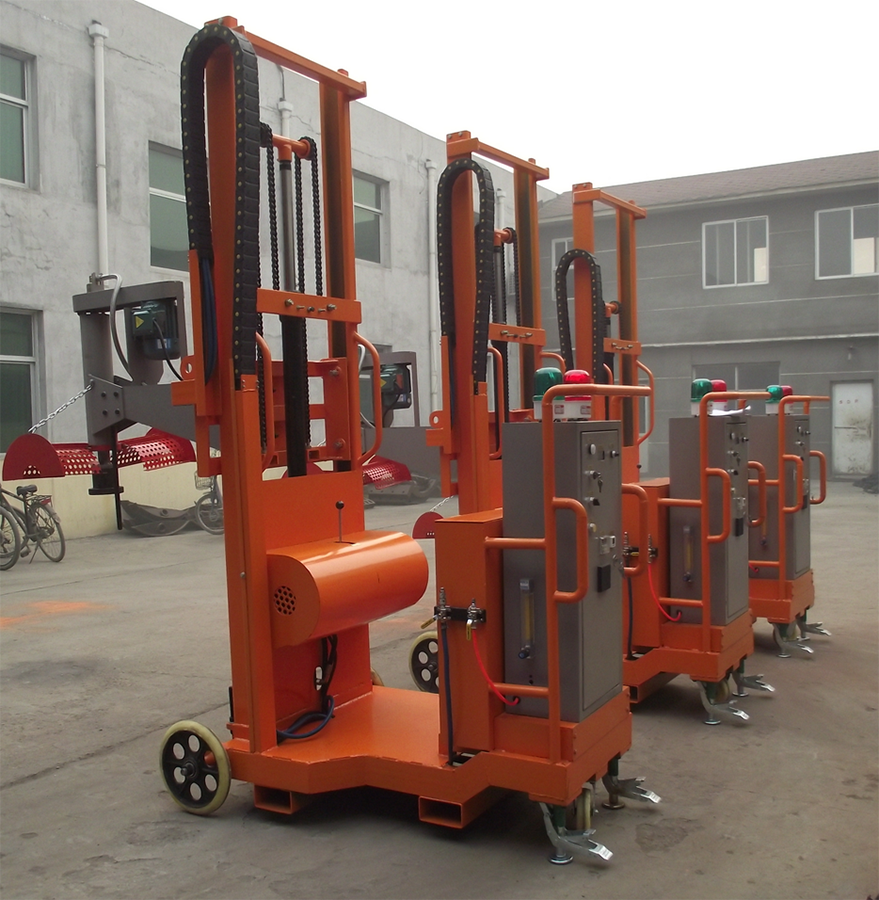

Aug . 19, 2024 02:26 Back to list
The Importance of MSW Sorting Plants in Waste Management
Municipal solid waste (MSW) management has become a pressing concern for urban environments worldwide. As cities continue to grow, the volume of waste generated increases, posing significant challenges to sanitation, public health, and the environment. One of the most effective solutions to this growing problem is the establishment and operation of MSW sorting plants. These facilities not only enhance recycling rates but also contribute to sustainable waste management practices.
The Importance of MSW Sorting Plants in Waste Management
One of the key advantages of MSW sorting plants is their role in improving recycling rates. According to various studies, a significant percentage of waste generated in urban areas consists of recyclable materials. However, without proper sorting and processing, these materials often end up in landfills. Sorting plants employ a combination of manual labor and advanced technology, such as conveyor belts and automated sorting systems, to efficiently separate different waste streams. This not only ensures that more materials are recycled but also improves the quality of the recyclables, making them more valuable in the marketplace.

Additionally, MSW sorting plants contribute to reducing greenhouse gas emissions. Organic waste, when decomposed in landfills, produces methane, a potent greenhouse gas that contributes to climate change. By diverting organic materials to composting facilities or converting them to biogas, sorting plants can significantly mitigate these emissions. Furthermore, recycling metals and plastics requires less energy compared to producing new materials from virgin resources, leading to lower carbon footprints.
Education and community engagement play vital roles in the effectiveness of MSW sorting plants. For these facilities to operate successfully, the public must understand the importance of proper waste disposal and recycling practices. Local governments often run awareness campaigns to educate residents about separating their waste at the source, which enhances the efficiency of sorting operations. When citizens are conscious of their waste habits, sorting plants can operate at optimal levels, ultimately benefiting the entire community.
Moreover, the establishment of MSW sorting plants creates numerous job opportunities. From facility management and operational staff to truck drivers and sorting personnel, these plants require a diverse workforce. This contributes positively to local economies and provides employment in various sectors, particularly in areas that may have limited job opportunities.
In conclusion, MSW sorting plants are a critical component of effective waste management strategies in urban settings. They not only enhance recycling rates and reduce landfill usage but also contribute to environmental sustainability and economic development. As cities continue to grow and face mounting waste challenges, investing in these facilities is essential for creating a cleaner, greener future. Through community engagement and education, we can further optimize the benefits of MSW sorting plants, paving the way for a more sustainable way of managing our waste.
Latest news
The Future of Metal Recycling: Revolutionizing Waste Management
NewsMay.14,2025
Optimizing Waste with Recycling Lines
NewsMay.14,2025
Municipal Solid Waste Sorting Line: Revolutionizing Waste Management
NewsMay.14,2025
Metal Shredders: Essential Tools for Efficient Recycling
NewsMay.14,2025
Maximize Your Profits with a Copper Wire Granulator
NewsMay.14,2025
Home Metal Shredder: A Smart Choice for Your Home Recycling Needs
NewsMay.14,2025